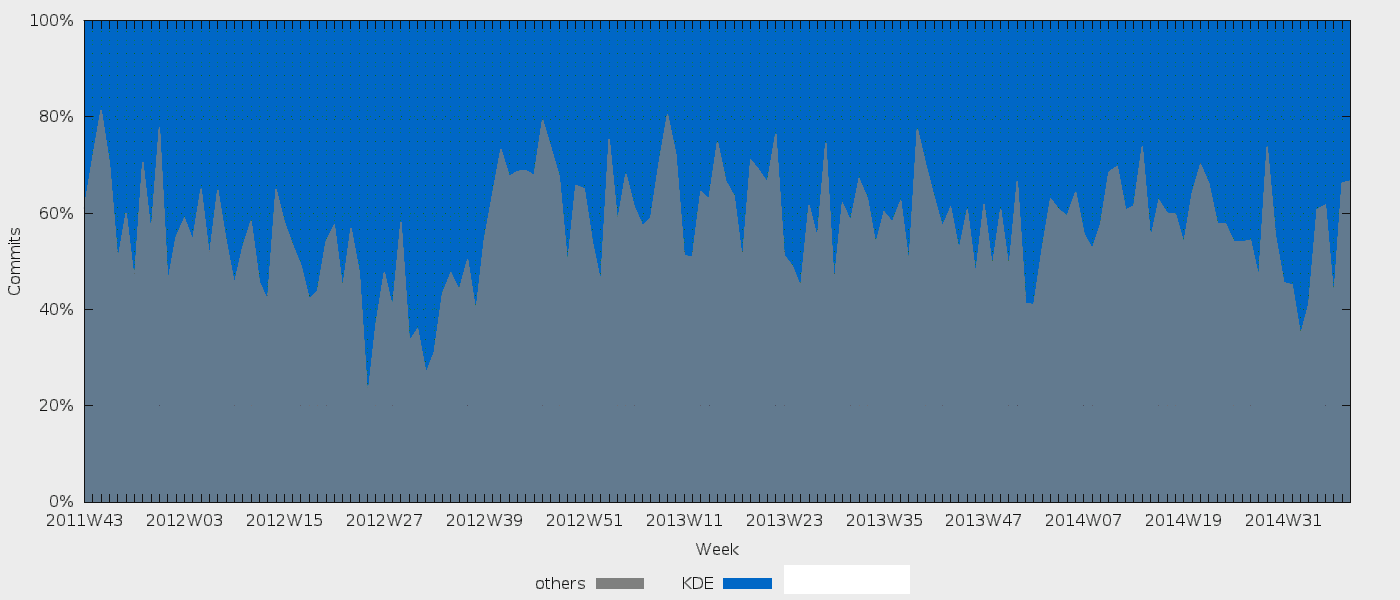Here s a photo journal of a walk I just completed around the Pot Lake loop of the Bluff Wilderness Hiking Trail. Hope you enjoy it!
The Bluff Wilderness Hiking Trail is a series of four loops. Today I ll tackle only the first in order to get as many pictures as possible, and because when hiking solo, I prefer to stay on the more heavily traveled part. In late summer, I ll probably do all four loops with my friend Ryan again. Meanwhile, I ll stay in shape coming out here when I can for shorter walks.
The trail starts here.
Right away, even before heading between the marker stones, there s a pretty view of Cranberry Lake off to the right.
Pink lady slippers have been plentiful this year!
All along the trail, you can find hundreds, if not thousands of these.
Boardwalks provide dry passage across the boggy bits.
The pitcher plants are thriving, too.
The vines with tiny, round leaves are wintergreen. Tasty!
I ve not seen anything larger than a deer out here.
Roots and rocks are a recurring theme.
Many feet beating down on the first loop have packed the earth hard and have exposed more roots than you ll see deeper into the trail system where fewer hikers travel.
Step carefully.
Sheep laurel is an eye-catcher.
To me, they look like little, pink jewels.
Yellow markers clearly mark the Pot Lake loop.
At crucial junctures there are some signs to point you the right way.
If you re looking only at your feet, you may see black circles marked with arrows on some of the rocks, also pointing the way.
The vegetation varies from scraggly and clinging to the rocks, to lush and green.
The path is wet in parts. Nothing impassible, though.
On the first loop in particular, and even within only the first kilometre, there are some pretty stunning views of the lake.
Very quickly, you ll find yourself perched up top on the rocks.
On this stretch, you need to hop a bit from one rock to the next.
Just as quickly as you ascended, you descend back down to the lake again.
A good place to stop and have a snack.
The start of the first loop, itself.
I chide myself for not having discovered this trail until about 2007, even though we moved out here in 2005. It s a treasure we re indebted to the WRWEO for preserving.
Leave some comments in the box, if you like.
You ll find these maps along the way to track your progress.
Remember to follow proper trail etiquette.
A particularly steep climb!
Despite the best trail maintenance efforts, water still goes where it wants!
Good to have boots.
Another steep climb.
This tree is chattering at me. Raising quite a racket. What s in the hole?
I patiently wait with my camera to get a good shot of the tree s occupants.
Mother woodpecker, feeding her babies!
As the feeding continues, the chirping intensifies!
Up on top of a big rock with a view over the lake is another favourite stopping place for a snack.
The view at my snack break rock. I never get tired of it.
There are some pretty big boulders.
Next time I ll bring a friend to stand under it for scale.
Another terrific view.
A stream just before the first portage.
This portage connects Cranberry Lake with Pot Lake.
The portage is clearly marked.
The Pot Lake end of the portage.
One of several upturned trees, with the roots now forming a wall along one side of the trail.
The spiral of the roots mimics the spiral split in this boulder which you can walk all of the way into until you reach the centre.
Rocks and trees and trees and rocks
White pine catkins.
Suddenly the close forest opens up into a wide view all around.
My favourite stunted tamarack, clinging to the rocks.
Last year s cones. This year s aren t out yet on this tree.
I love the tamarack s delicate new needles.
These blueberries have a head start. Can t wait until it s time to harvest them.
Nearly at the top of the Pot Lake loop. This is Pot Lake, itself.
I was struck by this one little blighted berry, showing a blush of distress-induced colour amongst the green ones.
Another view, nearly at the top.
A sign beneath the map: Rare Plant Species: Mountain Sandwort Arenaria groenlandica. Use caution and stay on designated trails. Avoid disturbing habitat.
Finally, the top. A map to mark your progress.
Apparently the Mountain Sandwort, right at the base of the sign.
The mountain sandwort is a pretty, delicate little thing.
After passing the sign, the view from the top over Cranberry Lake, indeed both lakes, is a reward worth climbing all of the way up to see.
Some other hiker has left a cairn.
The descent is not too steep at first.
The approach down to the back side of Pot Lake from the top is marked by exposed bedrock and scrubby plants.
Finally back to some cover, which is welcome on hotter days. A ferny fairyland.
It s not all abrupt ups and downs. Here s an easy, winding stretch of trail.
Cinnamon ferns.
Ambling along.
Rounding the end of Pot Lake.
Not very long after reaching the lake, the path climbs several metres up above it.
There are some nice, rootless bits on this side of the loop, giving your ankles and knees a break.
This guy seemed extremely agitated to see me.
A new tamarack cone!
Did I mention I like tamaracks?
The steep descent back to Cranberry Lake again.
Finally back where the loop starts.
 What happened in the reproducible
builds effort between March 13th and March 19th 2016:
What happened in the reproducible
builds effort between March 13th and March 19th 2016:
 I own a motherboard an Intel 8-Series Lynx Point chipset, with an Intel Haswell CPU supporting VT-d. This allow me to use Linux s VFIO features and assign PCIe devices to a KVM-based virtual machine. High-end network controllers goes even further with the Single Root I/O Virtualization (SR-IOV) capabilities, allowing them to be shared between to multiple virtual machines.
The Lynx Point chipset provides a total of 14 USB ports arranged in 6 USB 3.0 ports and 8 USB 2.0 ports. It would be nice to be able to assign USB ports to virtual machines. QEMU already allows to assign a USB device to a virtual machine, but it works emulating a USB controller, and the traffic goes through userland. In addition it only works for a specific known device, a random device plugged to a given port is not automatically assigned to the guest (though I guess it can be scripted using the libvirt API). The xHCI specification, the one behind USB 3.0, has been designed to also support SR-IOV, to the best of my knowledege none of them actually support it. We ll see that with some hacks it is possible to actually assign a set of USB ports to a virtual machine, with the restrictions that running ports in SuperSpeed mode is allowed only on one side, host or virtual machine.
First let s look at how the USB controllers appears on a Lynx Point chipset using
I own a motherboard an Intel 8-Series Lynx Point chipset, with an Intel Haswell CPU supporting VT-d. This allow me to use Linux s VFIO features and assign PCIe devices to a KVM-based virtual machine. High-end network controllers goes even further with the Single Root I/O Virtualization (SR-IOV) capabilities, allowing them to be shared between to multiple virtual machines.
The Lynx Point chipset provides a total of 14 USB ports arranged in 6 USB 3.0 ports and 8 USB 2.0 ports. It would be nice to be able to assign USB ports to virtual machines. QEMU already allows to assign a USB device to a virtual machine, but it works emulating a USB controller, and the traffic goes through userland. In addition it only works for a specific known device, a random device plugged to a given port is not automatically assigned to the guest (though I guess it can be scripted using the libvirt API). The xHCI specification, the one behind USB 3.0, has been designed to also support SR-IOV, to the best of my knowledege none of them actually support it. We ll see that with some hacks it is possible to actually assign a set of USB ports to a virtual machine, with the restrictions that running ports in SuperSpeed mode is allowed only on one side, host or virtual machine.
First let s look at how the USB controllers appears on a Lynx Point chipset using 



 I spent much of my Debian time in the last few weeks triaging and
fixing bugs in initramfs-tools. All of the important bugs should be
fixed, except for two where I needed more information from the
submitter.
Due to the scope of these changes and potential for regressions,
I've made a release candidate, version 0.121~rc2, rather than a full
release. This is now available in experimental, and I would
appreciate real-world testing feedback in the next few weeks. (If
you're wondering what happened to rc1, that had 'unstable' as the
distribution, which I didn't notice until after pushing the tag.)
From
the
I spent much of my Debian time in the last few weeks triaging and
fixing bugs in initramfs-tools. All of the important bugs should be
fixed, except for two where I needed more information from the
submitter.
Due to the scope of these changes and potential for regressions,
I've made a release candidate, version 0.121~rc2, rather than a full
release. This is now available in experimental, and I would
appreciate real-world testing feedback in the next few weeks. (If
you're wondering what happened to rc1, that had 'unstable' as the
distribution, which I didn't notice until after pushing the tag.)
From
the  I just released sbuild 0.66.0-1 into unstable. It fixes a whopping 30 bugs!
Thus, I'd like to use this platform to:
I just released sbuild 0.66.0-1 into unstable. It fixes a whopping 30 bugs!
Thus, I'd like to use this platform to:

 Here s a photo journal of a walk I just completed around the Pot Lake loop of the Bluff Wilderness Hiking Trail. Hope you enjoy it!
I was dissatisfied with my initial post, so have reduced the size to improve load time, changed the gallery software and have rewritten many of the captions.
[slb_group]
Here s a photo journal of a walk I just completed around the Pot Lake loop of the Bluff Wilderness Hiking Trail. Hope you enjoy it!
I was dissatisfied with my initial post, so have reduced the size to improve load time, changed the gallery software and have rewritten many of the captions.
[slb_group]






 I have just released version 1.9 of Obnam, my backup program. See the
website at
I have just released version 1.9 of Obnam, my backup program. See the
website at  Recently I was trying some statistics on the qtbase-module (where QtCore, QtGui, QtWidgets and so on lives) and was wondering who made them.
Recently I was trying some statistics on the qtbase-module (where QtCore, QtGui, QtWidgets and so on lives) and was wondering who made them.
